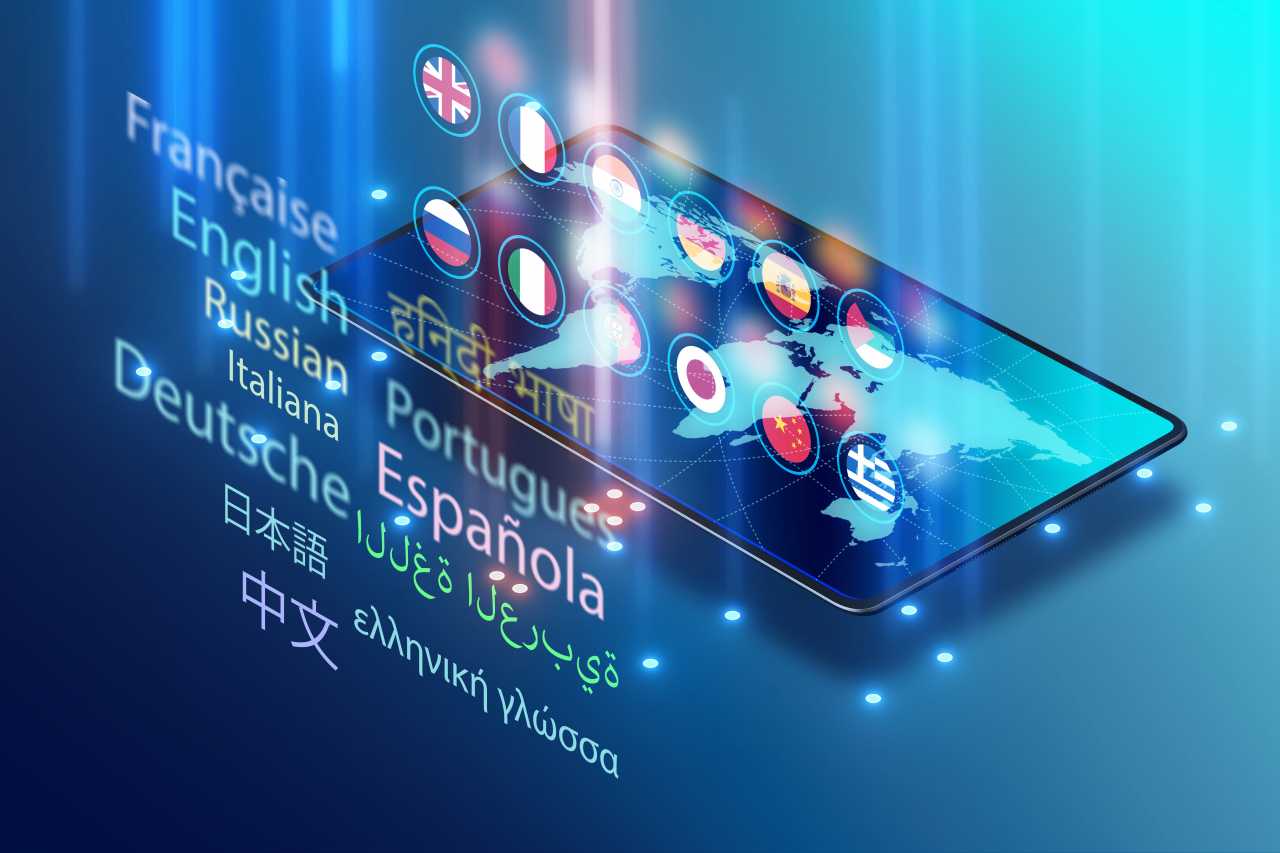 |
(123rf) |
A translator who is not fluent in Korean winning the webtoon category at the 2022 Korea Translation Award has sparked controversy about the use of artificial intelligence in translation.
A local newspaper reported Wednesday that Yukiko Matsusue, a Japanese translator who won Rookie of the Year at the annual award organized by the Korean Literature Translation Institute in December, had used Naver’s AI-translating system Papago while translating Gu A-jin’s occult thriller “Mirae's Antique Shop” into Japanese.
For the Rookie of the Year Award, translators were assigned to translate works selected by LTI Korea.
Matsusue is said to have used Papago’s image translation function to read the entire webtoon in advance for a “preliminary translation,” then editing the translation further by checking technical terms and awkward expressions.
Matsusue said through a press statement released by LTI Korea on Wednesday that she "read the whole work from beginning to end in Korean and used Papago as a substitute for a dictionary for more accurate translation," as the webtoon features occult terminology and shamanistic words that were unfamiliar to her.
Matsusue then studied research papers to understand the context and completed the translation by adding detailed corrections. She said she didn’t think of it as a preliminary translation.
Regarding her Korean ability, she said she is overall “not at the beginner level of not being able to understand Korean at all,” and that she had already learned Korean for about a year, 10 years go. However, she added she is “not good enough” in her speaking and listening skills.
She said she had been taking Korean language classes when she applied for the contest. In fact, it was her Korean teacher who recommended that she would be perfectly able to translate a webtoon.
"Last year's regulations and awarding system were insufficient to cover any details of 'external help,'" an LTI Korea official told The Korea Herald on Thursday.
LTI Korea said it saw this as part of the trend of using AI in translations and plans to discuss the role of AI in translation in the future.
Whether Matsusue's award would be canceled or not will be reviewed if necessary.
Meanwhile, for the Rookie of the Year translation award, LTI Korea will now specify in its regulations that translations are to be one's own, without the aid of "external help such as AI,” in line with the aim of discovering new translators.
"AI translation is almost perfect for technical translating such as legal documents, advertisements and newspaper articles," said Kim Wook-dong, emeritus professor of English Literature and Linguistics at Sogang University, speaking to The Korea Herald. Kim recently published "The Ways of a Translator" on the act of translation.
"However, there are limits (to AI translation) in capturing the subtle emotions, connotations and nuances in literary translations. It can help and serve as an assistant to translators but AI cannot replace humans in literary translation. I doubt it ever will," Kim said.







